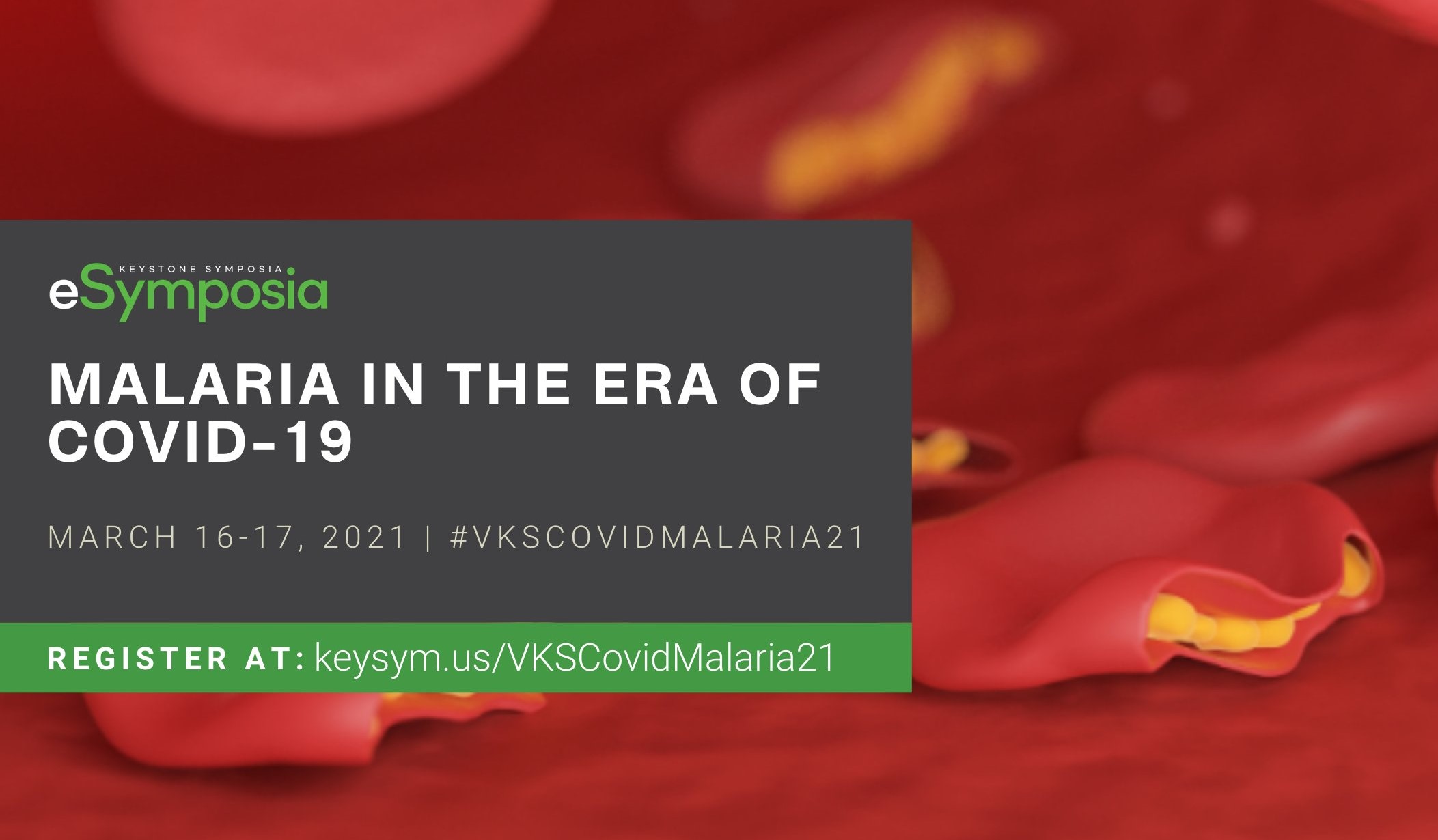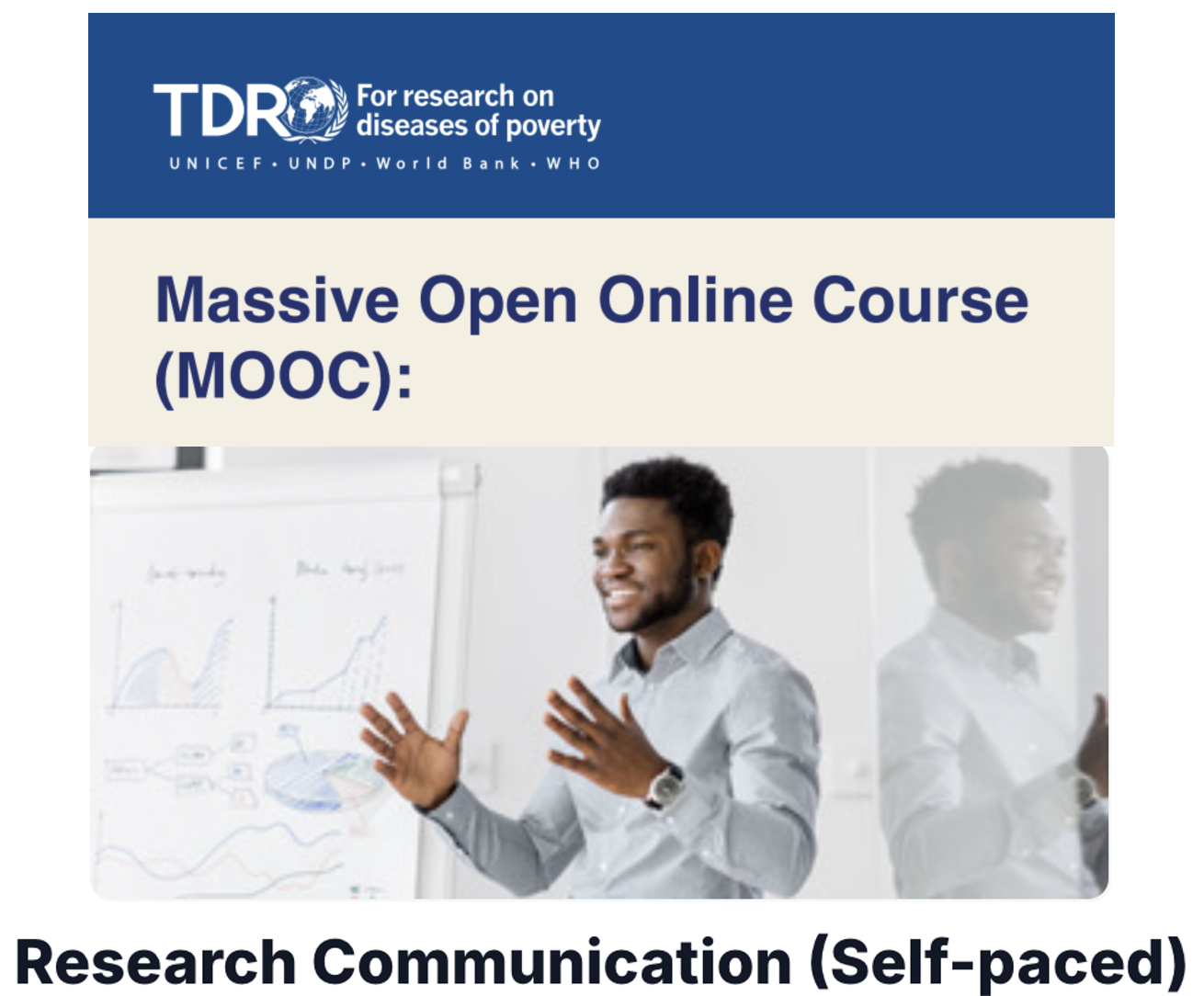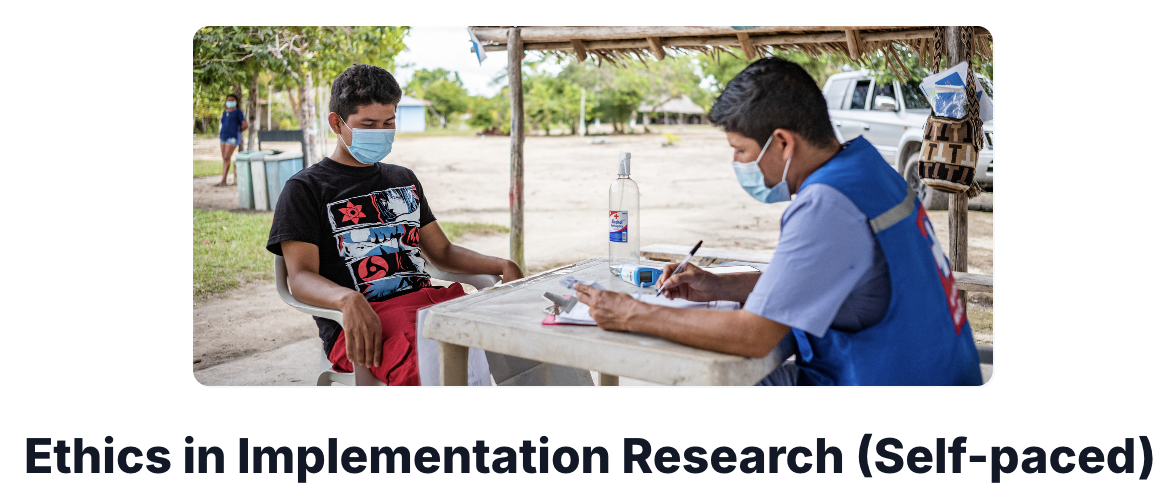Keystone Symposia “Malaria in the Era of COVID19” Virtual – 2021: Day 1
Tuesday, 16th March 2021
Published: 16/03/2021
This report is brought to you by the MESA Correspondents Vita Mithi, and Faith Hungwe. Senior editorial support has been facilitated by Julie Chaccour and Manuela Runge.
THEMES: THEMES: Basic Science | Epidemiology | Health Systems
MESA Correspondents bring you cutting-edge coverage from the Keystone Symposia “Malaria in the Era of COVID-19”
Day 1: Tuesday, 16th March 2021
Welcoming Remarks and Keynote Address
The opening remarks of the Virtual Keystone Symposia were led by the organizers Regina Rabinovich (Barcelona Institute for Global Health – ISGlobal, Spain) and Abdisalan Noor (World Health Organization – WHO, Switzerland). Rabinovich highlighted that innovation was more than product development, but also how impact can be maximised with already existing interventions in the field. She added that the sessions would look into how to sustain and advance impact by innovative thinking, and rethinking the way we mobilise science while living in these extraordinary times.
The keynote talk by Pedro Alonso (World Health Organization – WHO, Switzerland) addressed overcoming complex challenges for malaria and COVID-19. Alonso gave an overview of the historical achievements in the last 20 years in the fight against malaria, including, changes in malaria burden and investment, the establishment of The Global Fund and other major initiatives, the use of insecticide-treated nets (ITNs), rapid diagnostic tests (RDT), and chemoprevention in vulnerable populations such as pregnant women and children. However, stagnating funding, imperfect delivery of commodities, and gaps in intervention coverage challenge the achievements on the way toward fulfilling the global strategic targets. Apart from that, weak health systems were characterised by a dearth of direct surveillance of health information. Alonso pointed out that the optimal response varied between countries and even within single countries. He reminded of the importance of fighting malaria in the ten countries with the highest malaria burden in Sub Saharan Africa, and India. The high burden to high impact (HBHI) initiative calls for adopting tailored responses that include optimising and implementing multiple tools on community and national levels. These efforts must coincide with cyclic seasonal malaria chemoprevention (SMC). Alonso also raised that intermittent preventive treatment (IPT), although improving, is not effectively reaching its target population. In order to decrease malaria burden and mortality, it is urgent that problem-solving approaches used are aggressive and targeted, with a focus on countries with the highest malaria mortality. Alonso concluded his talk by emphasising the critical role of chemoprevention, a highly efficacious intervention, in the HBHI initiative in addition to the establishment of cross partnerships, development of vaccines, new tools and a mindset that adopts a problem-based approach.
Lessons learned from the Ebola experience
The first lesson Jestina Doe-Anderson (GE2P2 Global Foundation, USA) pointed out in her talk was that prevention could help save lives. Malaria research, control schemes and their effective implementation are at risk and disrupted in the wake of emerging diseases as was the case in the Ebola outbreak of 2014-16 and now in the COVID-19 pandemia. Social mobilisation, community engagement and communication are forerunners at the onset of a disease outbreak. These activities are important for ensuring and promoting community trust in the health system and other essential services. Furthermore, they dispel any misinformation that is spread regarding new and emerging diseases. If the community distrusts and fears the health system, people increasingly refrain from seeking healthcare and reporting any illness. Moreover, sometimes infected people become stigmatised and isolated from society. Stigmatisation can be counteracted by social mobilisation (for example using billboards, radios, and talk shows). She warned that due to rumours and misinformation, people might avoid certain interventions for fear of becoming infected. Doe-Anderson underlined that social mobilisation keeps the community informed with relevant and up-to-date information that can be easily assimilated and understood. Literacy should not be taken as a pre-requisite to understand medical or public health concepts. Social mobilisation fosters a more accepting attitude within the community by adapting local approaches that result in active public participation and adherence to health guidelines reducing transmission.
Question and Answer Session
Q: Given the striking difference between COVID-19 and malaria vaccines, why do you think that the malaria vaccine was not as quickly developed?
Pedro Alonso named a failure of the market to drive the development as one of the reasons. Diseases with a high burden in the global population would not always attract the highest investments, and that was why vaccine research and development for HIV, malaria and neglected tropical disease vaccines were still lagging behind. Furthermore, Plasmodium spp. are complex biological organisms with complex host-parasite interactions and their naturally induced human immunity and relevant parasitic epitopes are not well defined. Lastly, malaria is a systemic problem that does not affect the wealthier global community, resulting in a lack of research funding in areas that are burdened with malaria. A vaccine is a key component of malaria eradication and elimination. Currently, a first-generation vaccine is under development and clinical trials are run in three countries, but more than one vaccine is needed.
Q: What is a key factor in the uptake of vaccines in general?
Jestina Doe-Anderson underlined that the community response varied by location and highly depends on how the message is delivered to the community as well as how the community perceives the emerging disease and its vaccine.
Q: IPTs, MDA and SMC development, what is the way forward?
Pedro Alonso answered that vector control was the backbone of malaria eradication but could not be the sole answer. The global community was hesitant to use antimalarial drugs as a complementary tool for further reducing the malaria burden. This would be an effective complementary tool in endemic countries that are currently not using IPT, MDA and SMC. He lamented that there was an ill-conceived and non-data-driven fear of creating resistance to antimalarial using these approaches but in the near future, chemoprevention would be a necessary addition to the toolbox.
Panel: Malaria Research Funding in the COVID-19 Context
The panel formed by Alexandra Cameron (UNITAID, Switzerland), Michael Makanga (European and Developing Countries Clinical Trials Partnership – EDCTP, Netherlands), Lee Hall (National Institutes of Health – NIH, USA) and Scott Miller (Bill and Melinda Gates Foundation – BMGF, USA) focused on their experiences on research funding programs in infectious diseases and malaria during the pandemia. Some of the issues discussed were the effects of the COVID-19 pandemia on malaria research and examples that institutions have adopted, lessons learnt from responses in COVID-19, reshaping priorities for malaria research, and the economic impact of the pandemia. All four panellists underlined that most organisations have been substantially affected by the pandemia, especially as personnel and resources are being reallocated to SARS-CoV-2 research. Nevertheless, creative measures to protect investments in malaria research are being taken. Some of the measures would include; monitoring funding expenditure, targeted funding, development of COVID-19 trackers, undertaking implementation research, and utilising telecommunication access provided by the pandemia, to raise malaria elimination and eradication awareness. The panellists also talked about how the COVID-19 pandemia has reshaped how investigators conduct their research. Affected research areas would include evaluation and understanding of all production processes, developing and establishing public and private partnerships, promoting global coordination and cooperation, as well as having a multidisciplinary approach to tackling malaria. Most importantly, investigators must assess and implement relevant strategies that will strengthen already fragile healthcare systems’ preparedness. This can be achieved by long-term thinking of product development. The thought process requires a holistic approach that considers disease interconnectedness. With this mindset, proper resource management and motivation may accelerate approval of clinical trials and the use of novel products to advance prevention, diagnosis and treatment of malaria and other infectious diseases.
At the end of the panel, the organizers thanked the panellists and audience for their time and participation, and encouraged everyone, almost 300 participants, to join the poster presentations with live discussions, and the networking lounge.
This report is brought to you by the MESA Correspondents Vita Mithi (Armref Data for Action in Public Health Research, Malawi) and Faith Hungwe (Botswana – University of Pennsylvania Partnership, Botswana). Senior editorial support has been facilitated by Julie Chaccour (Independent Consultant, Spain) and Manuela Runge (Northwestern University, USA). It is cross-posted on the MESA website and on MalariaWorld.
Published: 16/03/2021
This report is brought to you by the MESA Correspondents Vita Mithi, and Faith Hungwe. Senior editorial support has been facilitated by Julie Chaccour and Manuela Runge.
THEMES: Basic Science | Epidemiology | Health Systems



